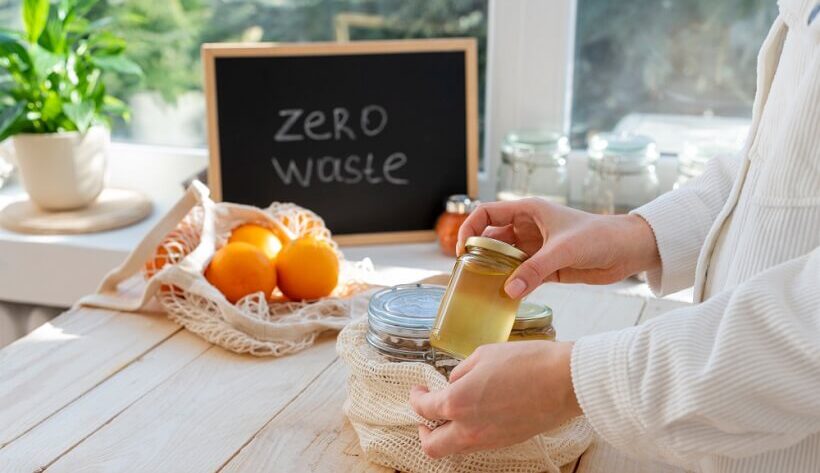The organic lifestyle has actually existed since World War II, despite popular belief. 1940 saw the introduction of organic farming to the world, however this development had little to do with the war itself. Lord Northbourne, an agriculturalist at Oxford University, was the driving force behind it. He opposed chemical farming, which was gradually but steadily gaining traction since the late 19th and early 20th centuries.
Since then, the organic lifestyle has expanded to include more than simply organic farming, and despite its ups and downs, we are happy that the trend is gaining traction every year.
The target audience for this essay is those who are new to the organic lifestyle, as it can be intimidating for them due to its recent surge in popularity.
Put another way, this is the place to learn the fundamental dos and don’ts of leading an organic lifestyle.
A Few Dos: Learn the Fundamentals Down
Your entire life will change as a result of adopting an organic lifestyle, and if you’re unsure of where to begin, I’ve got good news: it’s simple.
You become acquainted with the principles of the organic way of life, to start with. You studied up on the industry’s legal framework and historical background. The regulations in your area will determine how strict they are, but they also give you a fair idea of what food businesses are doing to get their products onto your newly organic table.
It’s important to understand the advantages of switching to an organic lifestyle and how it will improve your health.
Finding out about the local food producers and the stores where you can purchase their products is another approach to get things started.
Converse with them.
Learn about the methods used to grow your food.
Inquire about various recipes.
Discover what foods are and are not in season.
Develop One or Two Things
For those of you who live in homes, chances are good that you have a garden that you can transform into an abundant paradise with just a few minutes each day.
No, it really is that simple to produce something.
If you live in an apartment or a small room in a shared space, you will, at minimum, have a window sill or an area where the sun shines occasionally. In other news, you have a place to cultivate a few herbs, at least.
This is not a place to grow your own food or even herbs. The idea here is to educate yourself on the process of growing food organically in order to elevate your organic lifestyle to a new level.
Accept Your Flaws
When you start purchasing organic food, you will quickly discover that it is not ideal. You won’t be looking at a box of perfectly sized, colored, and luscious strawberries any more.
Growing food organically does not yield perfection. It generates actual food. Real food will have a wide range of dimensions, hues, and forms.
That’s how the actual world operates. the world that hasn’t been heavily processed, genetically altered, or sprayed.
A Couple Avoids
Remember about things besides food.
The fact that there is more to living an organic lifestyle than just eating is something that most people overlook or choose to ignore. Just one element of the contemporary lifestyle that requires organic practices is food production.
One type of clothing that is produced only with organic materials derived from natural crops is called organic apparel. Additionally, no chemical dyes or other substances that endanger your health or the environment are used in the manufacturing of these clothes.
Using organic makeup is another lifestyle adjustment that is frequently overlooked. Eliminating artificial components and chemicals, which are the foundation of the cosmetics business, can have remarkable health benefits. The good news is that the market for organic cosmetics is currently booming and will soon reach enormous proportions.
You are able to support it right now.
Avoid Being Inconvenient
Remember that not everyone is prepared to live an organic lifestyle once you make the switch. Being a sanctimonious jerk who constantly nagging people to start wearing organic clothing and purchasing organic food will only harm the cause.
That is not the focus of the organic way of life. It is about using personal responsibility to make a difference in the world and educating people about the significance of giving it some thought.
Transmitting messages by shouting into people’s ears is never effective.
Final Word
Making the transition to organic is just the future.
There isn’t a way around it.
Acquire. Accept. Become more healthful.





